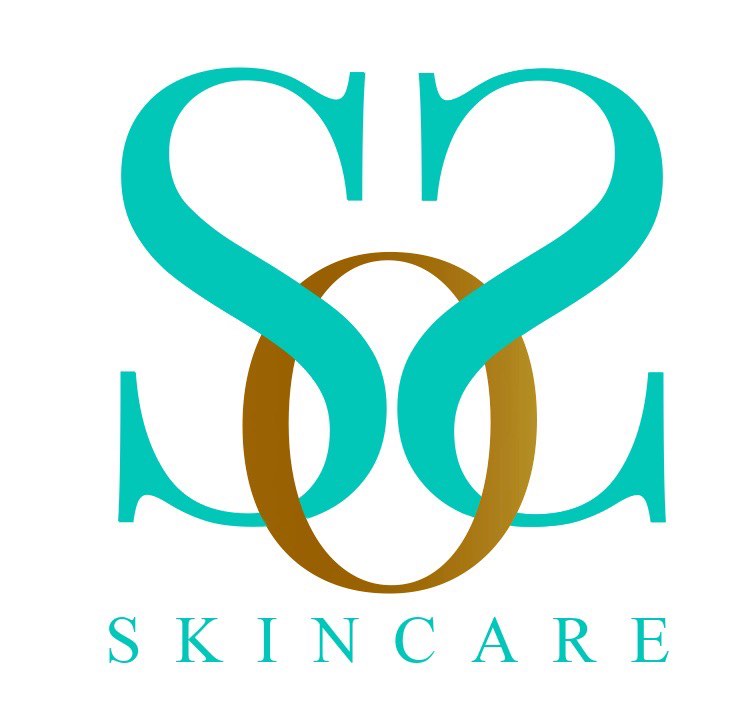Acne is a common skin condition that affects millions of people worldwide. It can be frustrating and even distressing, impacting self-esteem and overall well-being. Fortunately, with proper skincare, understanding the causes, and implementing effective treatment strategies, you can take control of your acne and achieve clear, healthy skin. In this comprehensive guide, we will explore the various aspects of skincare and acne management, providing you with valuable insights and practical tips to help you on your journey to clearer skin.
Understanding Acne: Acne is a multifactorial skin condition that occurs when hair follicles become clogged with oil, dead skin cells, and bacteria. Hormonal imbalances, genetics, diet, stress, and environmental factors can all contribute to the development of acne. It commonly appears on the face, chest, back, and shoulders, in the form of whiteheads, blackheads, pimples, papules, pustules, or cysts.
Developing a Skincare Routine: Establishing a consistent skincare routine is essential for managing acne. Here are the key steps to incorporate into your daily regimen:
-
Cleansing: Use a gentle cleanser twice a day to remove dirt, oil, and impurities from your skin. Avoid harsh scrubbing, as it can irritate the skin and worsen acne.
-
Exfoliation: Regular exfoliation helps unclog pores and remove dead skin cells. Opt for chemical exfoliants containing ingredients like salicylic acid or glycolic acid, which are effective in treating acne.
-
Moisturizing: Contrary to popular belief, moisturizing is crucial for acne-prone skin. Choose oil-free, non-comedogenic moisturizers to hydrate your skin without clogging pores.
-
Sun Protection: Protect your skin from harmful UV rays by applying a broad-spectrum sunscreen with an SPF of 30 or higher. Look for formulas labeled as "non-comedogenic" to avoid pore blockage.
Targeted Treatments for Acne: While a solid skincare routine is a foundation for clear skin, incorporating targeted treatments can significantly improve acne management:
-
Topical Treatments: Over-the-counter products containing benzoyl peroxide, salicylic acid, or retinoids can effectively reduce acne symptoms. If your acne is severe, consult a dermatologist who may prescribe stronger medications.
-
Professional Treatments: Dermatological procedures such as chemical peels, microdermabrasion, or laser therapy can help improve acne. These treatments work by reducing oil production, unclogging pores, and promoting skin cell turnover.
You can book professional treatments here.
Lifestyle and Dietary Considerations: In addition to skincare and topical treatments, certain lifestyle and dietary changes can complement your efforts in managing acne:
-
Healthy Diet: Consume a balanced diet rich in fruits, vegetables, lean proteins, and whole grains. Limit your intake of sugary, greasy, and processed foods, as they can exacerbate acne.
-
Hydration: Drink an adequate amount of water to keep your skin hydrated and promote the elimination of toxins from your body.
-
Stress Management: High-stress levels can trigger hormonal imbalances, leading to increased acne breakouts. Incorporate stress management techniques such as exercise, meditation, or engaging in hobbies to promote overall well-being.
-
Avoid Touching or Picking: Resist the temptation to touch or pick at your acne, as it can introduce bacteria, cause scarring, and prolong the healing process.
Conclusion: Achieving clear, acne-free skin requires a holistic approach that combines a consistent skincare routine, targeted treatments, and lifestyle modifications. By understanding the causes of acne and implementing strategies, you can take charge of acne by booking a skin consultation here.

